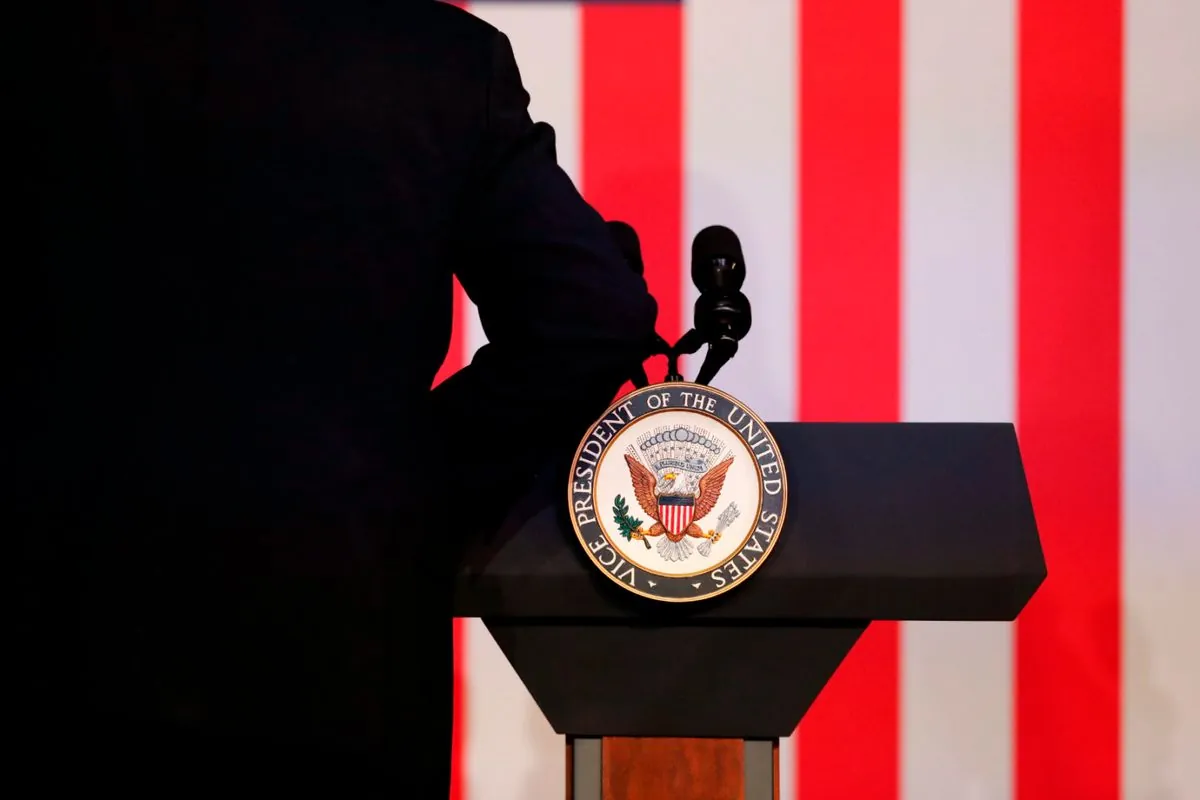US Political Landscape Tense as 2024 Election Approaches
Security concerns and misinformation cloud the 2024 US presidential race. FBI investigates threats, while candidates navigate a volatile political climate marked by attempted violence and online rhetoric.

As the United States approaches the 2024 presidential election, scheduled for November 5, the political landscape is fraught with tension and security concerns. The Federal Bureau of Investigation, established in 1908 as the nation's primary domestic intelligence agency, is currently investigating suspicious packages sent to elections officials in over a dozen states.
In Ohio, state police have initiated school sweeps following bomb threats fueled by conspiracy theories. This situation reflects the growing influence of social media platforms in shaping political discourse, a trend that has been increasingly evident since the early 2000s.
The volatility of the current political climate was further underscored by a recent incident involving Donald Trump, the Republican presidential nominee. For the second time in approximately two months, an apparent assassination attempt targeted the former president. This event occurred at a Florida golf course, highlighting the ongoing security challenges faced by political figures.

The 2024 campaign unfolds in the shadow of the January 6, 2021, insurrection at the U.S. Capitol, a building that has stood witness to numerous historical events since its completion in 1800. This recent act of political violence, rooted in false claims about the 2020 election results, has added a layer of complexity to an already tense political atmosphere.
Historians draw parallels to previous tumultuous periods in American history. Douglas Brinkley, a presidential historian at Rice University, notes that the current situation is unique in its combination of widespread government distrust and the proliferation of online conspiracy theories.
"I think it'll probably happen one more time."
The role of social media in amplifying political tensions cannot be overstated. Elon Musk, who acquired Twitter (now X) in a $44 billion deal in October 2022, has been criticized for sharing unverified information related to the campaign.
Despite these challenges, the presidential campaign continues. Kamala Harris, the Democratic nominee, has condemned the recent incident involving Trump while maintaining her stance on the importance of addressing various safety concerns across different communities.
As early voting begins in some states, new challenges emerge. Recent reports suggest potential foreign interference attempts, with Iranian hackers allegedly targeting campaign-related individuals. This development adds another layer of complexity to an already intricate electoral process.
The 2024 election stands as a critical test for America's democratic institutions. As the nation navigates these turbulent waters, the resilience of its political system, which has weathered challenges from the Civil War to the Supreme Court-decided election of 2000, faces yet another significant trial.


































